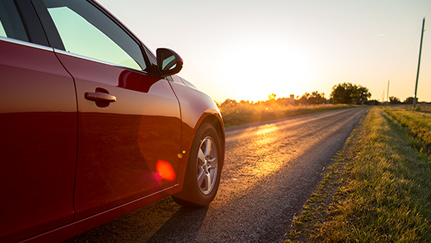
Auto insurance laws vary from state to state, but all states require some type of car insurance or proof of financial responsibility. It may seem like an extra cost, but actually car insurance protects you, your family and your vehicle if you’re in an accident or if your vehicle is damaged.
In general, state car insurance laws may require some level of the auto coverages listed below. For more information about car insurance policies state-by-state, visit our state auto insurance page.
Bodily injury liability
Liability Insurance covers injuries that you, the designated driver or policyholder, cause to someone else. You and family members listed on the policy may also be covered when driving someone else’s car with their permission.
Medical payments or personal injury protection (PIP)
State car insurance laws typically require medical coverage that pays for the treatment of injuries to the driver and passengers of the policyholder’s car. PIP may cover medical payments, lost wages or other costs resulting from an accident.
Property damage liability
This auto insurance coverage pays for damage you (or someone driving the car with your permission) may cause to someone else’s property. Besides vehicle damage, it can include damage to lamp posts, telephone poles, fences, buildings or other structures your car hits.
Collision coverage
This coverage protects you in the event your car is damaged in a crash with another vehicle or object, or in the event the vehicle flips over. Collision insurance may also cover damage caused by potholes in the road.
Comprehensive coverage
Comprehensive coverage reimburses you for loss due to theft or damage caused by something other than a collision – such as fire, falling objects, earthquakes, windstorms, hail, floods, vandalism or contact with animals. States actually don’t require you to purchase collision or comprehensive coverage. But if you have a car loan, your lender may insist you carry it until your loan is paid off.
Uninsured and underinsured motorist coverage
This coverage is to reimburse you, a member of your family or a designated driver for damages incurred if one of you is hit by an uninsured or hit-and-run driver.
Underinsured motorist coverage comes into play when an at-fault driver doesn’t have enough insurance to pay for your total loss. This coverage may also protect you if you’re hit as a pedestrian.
To make sure you’re meeting your state’s insurance law requirements, get an auto insurance quote or work with an insurance agent near you and make sure you have the right level of coverage.
